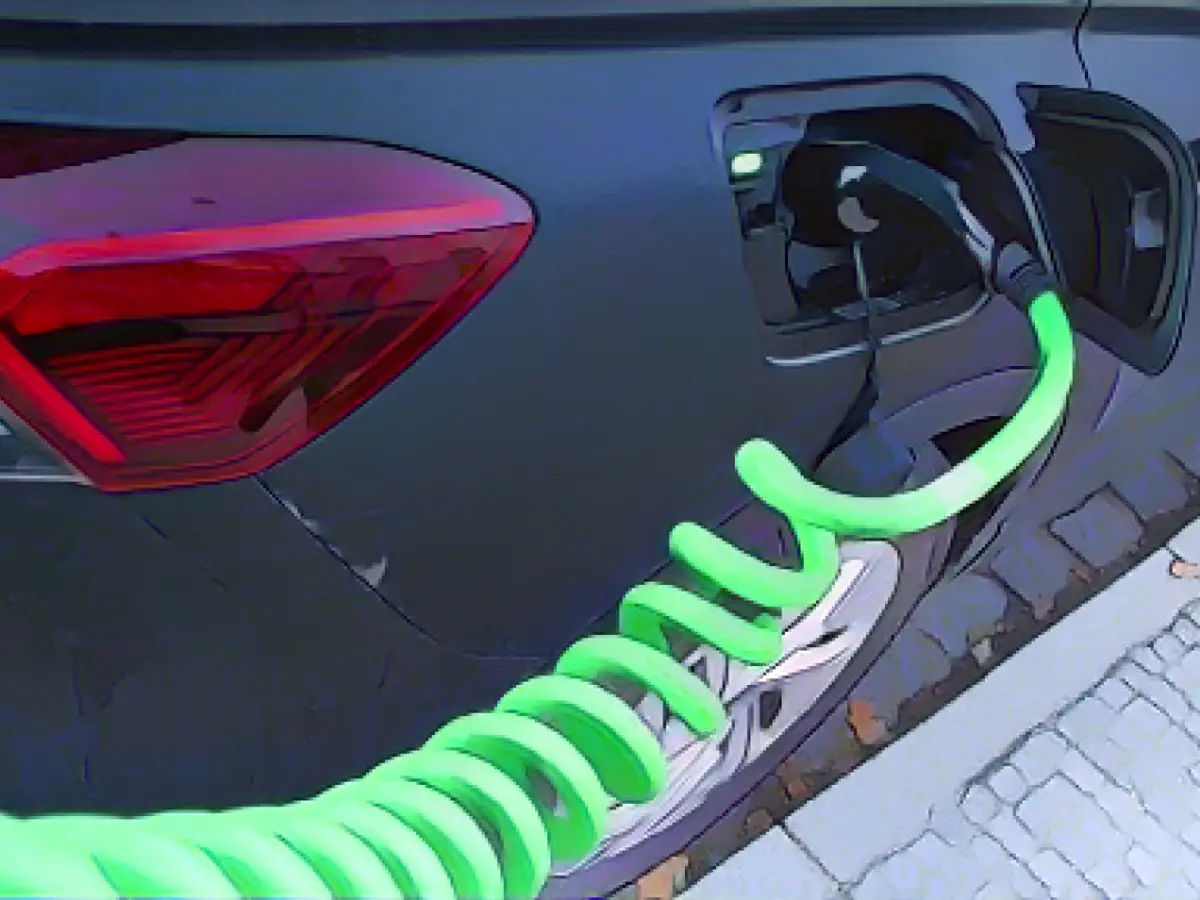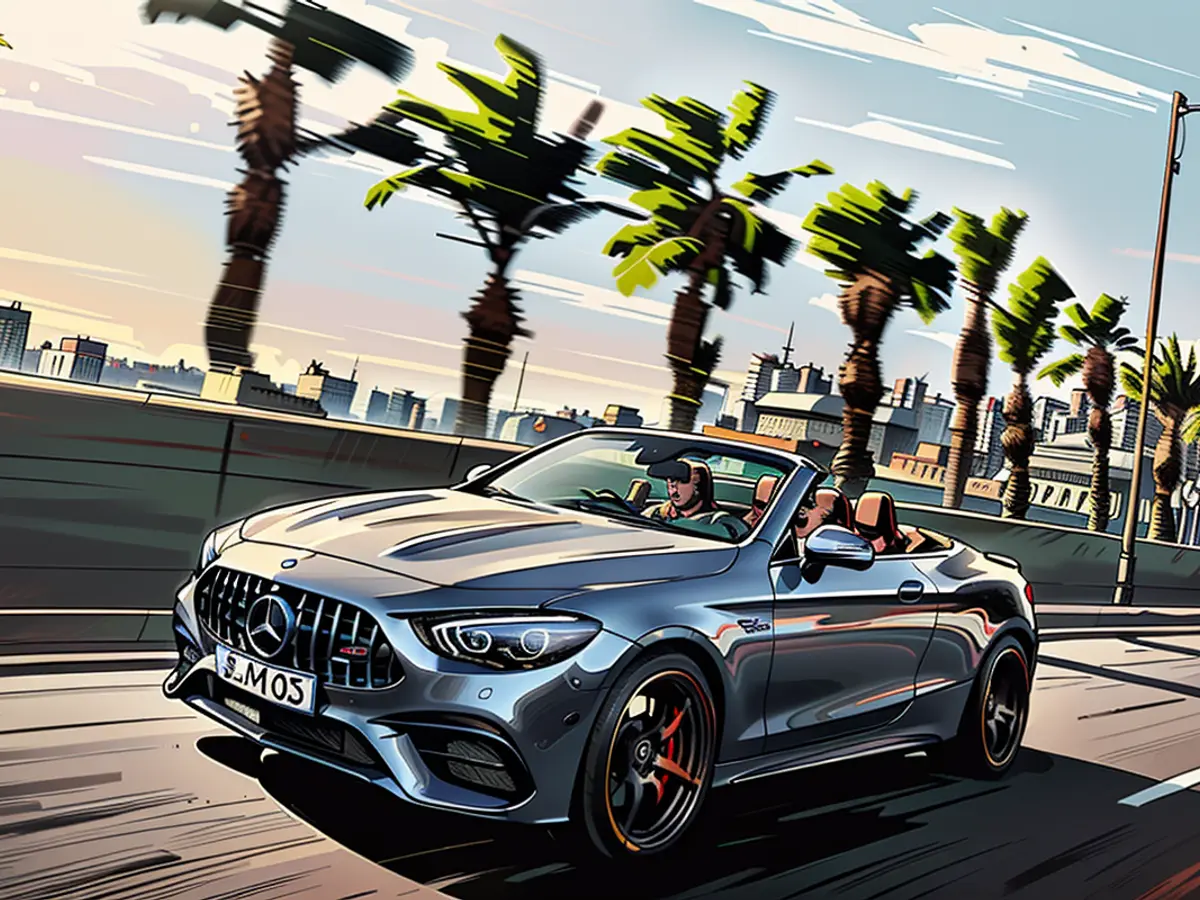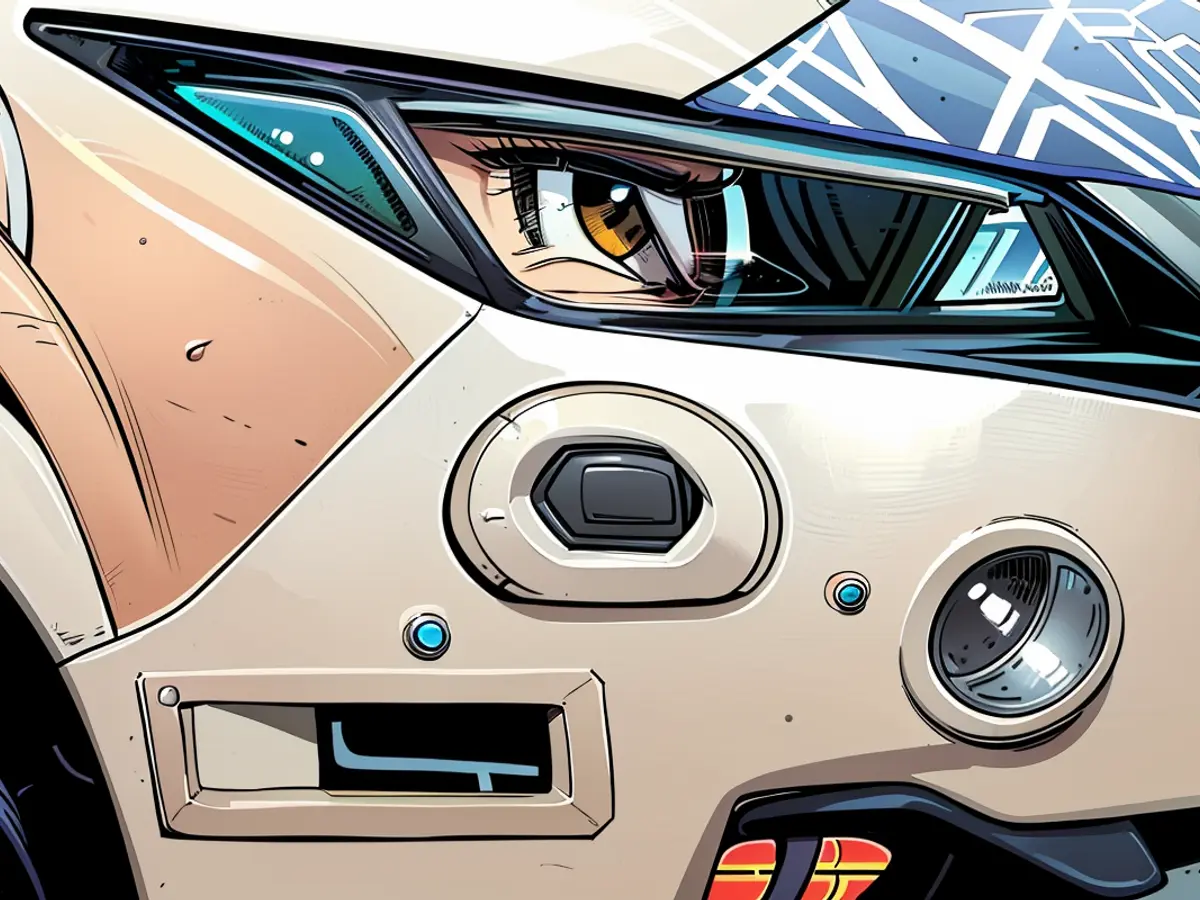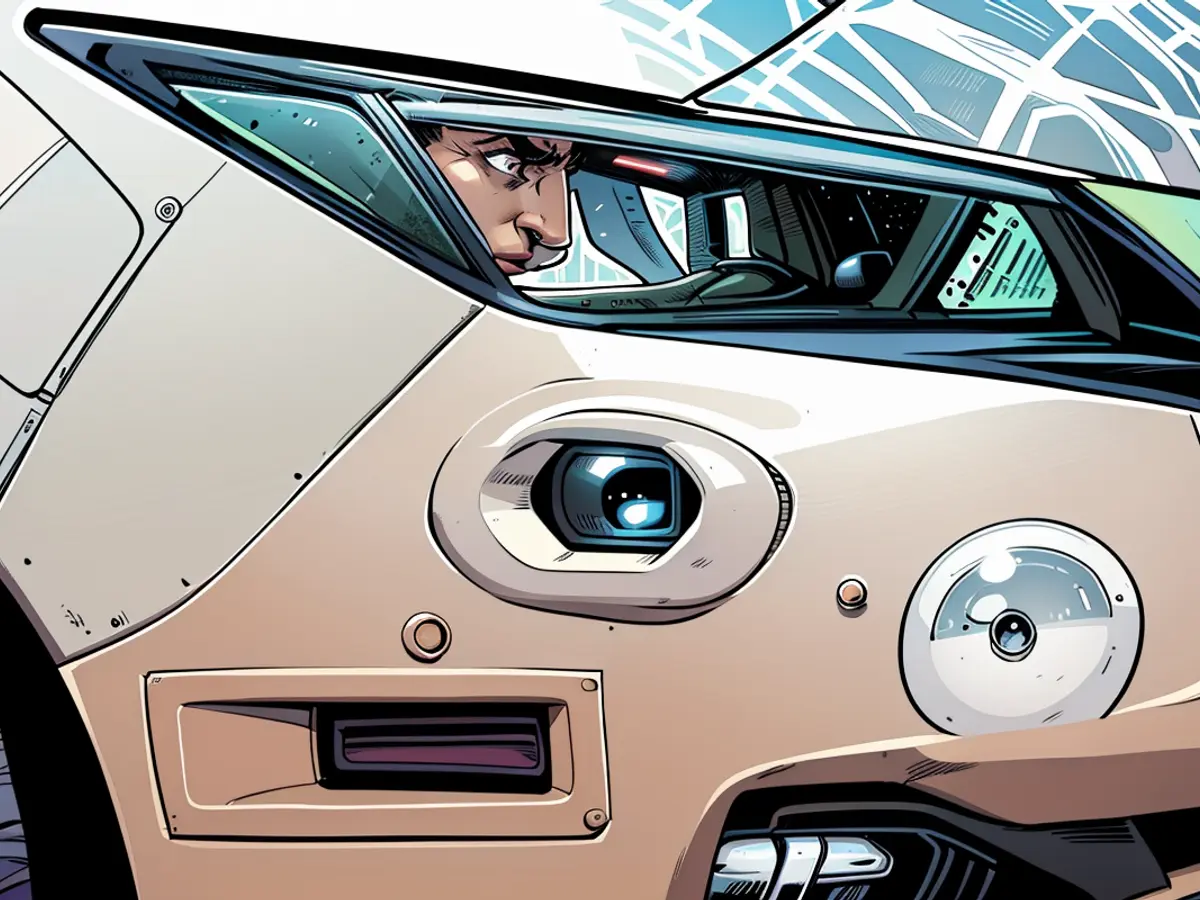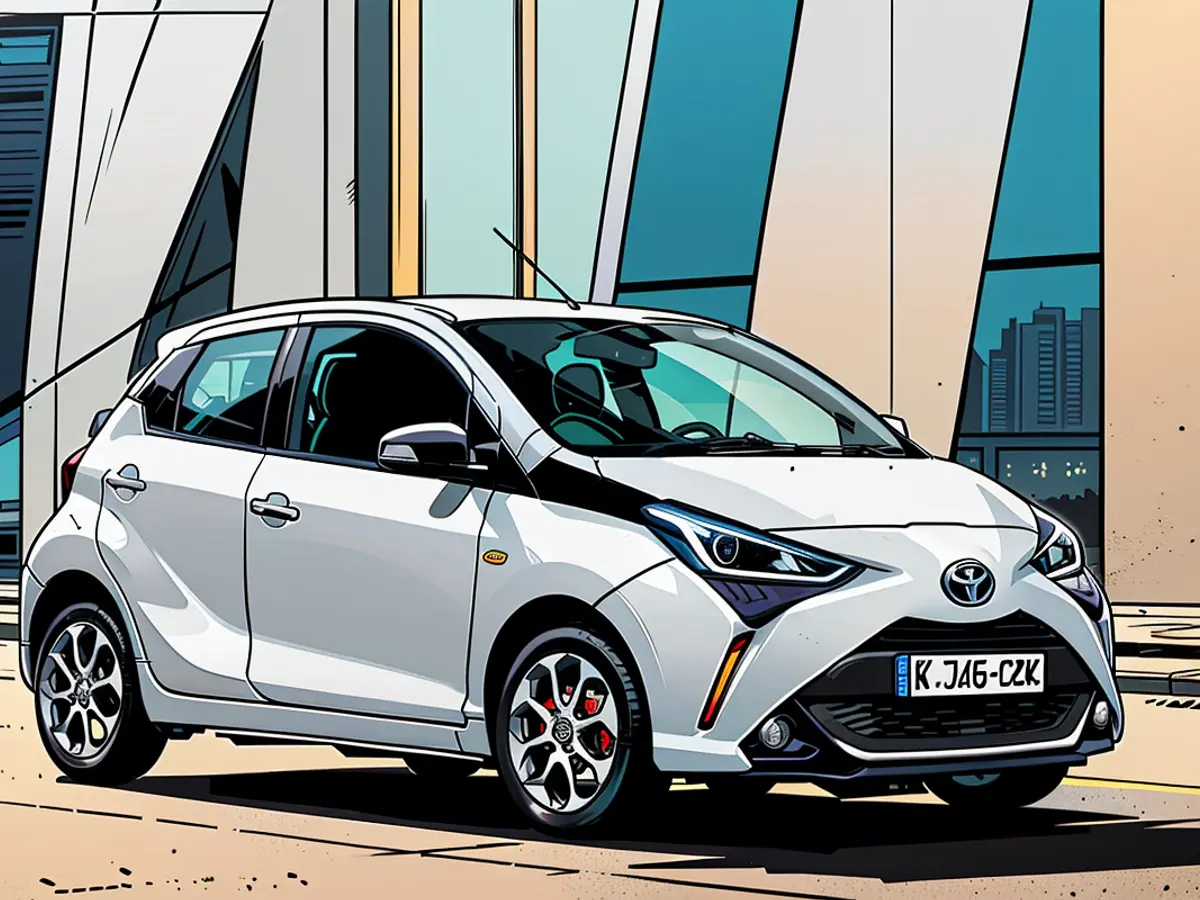BAFA funding end - The end of electric car subsidies? A mindless slam on the brakes!
In Emsland, they had some understanding: The district opened its registration office in Meppen at short notice on Advent Sunday so that buyers of electric cars could register their cars in time. As many as 24 car owners managed to do so in the two hours of special opening and were the very last in Germany to secure a state bonus for their new climate-friendly vehicle. A good 100,000 euros will flow into Emsland from the federal coffers before the subsidy pot is sealed forever without a single working day's notice, according to the government. In any case, this sum is the maximum subsidy amount of 4,500 euros per car. And if the 24 also managed to click their way through the procedure at the federal authority Bafa in the late afternoon or evening. Because from 0 o'clock onwards, an orange warning was displayed: "Subsidy deadline. For good.
In all other districts, the following applies: well done to those who, despite political appeals, despite advertising by the industry, which has finally responded to political pressure and new CO2 limits, despite an increasingly urgent climate crisis, have not opted for a modern electric car against all obvious reason. Well done to those who stubbornly chose an outdated diesel - or decided to simply continue driving the old stinker instead of moving away from fossil fuels. They are rewarded by the state. Diesel fuel continues to be generously subsidized by the taxpayer, despite all the pressure to save money. With around 1.5 billion euros per year, whereby the increased vehicle tax for diesel cars has already been deducted. (For comparison: 1.3 billion euros were planned for the now stopped e-car subsidy in 2024). The state subsidy for company cars and car commuters will also continue, even though both are mostly bad for the future of our planet.
What is also confusing about the abrupt measure at the weekend is that those responsible, Finance Minister Christian Lindner, Economics Minister Robert Habeck and Chancellor Olaf Scholz, had actually promised something else shortly beforehand when they agreed on their austerity program, with which they want to comply with the debt brake despite the ruling from Karlsruhe. The government politicians promised that climate-damaging subsidies would now be cut. There are many of these climate-damaging subsidies; the Federal Environment Agency recently came up with a figure of over 65 billion euros a year at federal level alone, with diesel subsidies at the top of the list. But the vast majority of these subsidies, just like the diesel subsidy, can remain, even if savings have to be made. Instead, savings are being made on the electromobility of the future (there is also no more money from the federal government for cargo bikes, even though the amount is of little significance).
Germany is being left behind when it comes to e-cars
The consequences of Berlin's emergency braking will be fatal. The triumphant advance of the electric car can hardly be stopped globally, even if the German market is now arbitrarily slowed down politically. The investments made by car manufacturers in the new technology are too bold, the technological advances of the new electric vehicles too convincing and the strict CO2 emission limits in the key markets of China, the EU and the USA too clear. And the car manufacturers in China and the USA, who receive massive state subsidies from their countries and are determined to use the electrification of motoring to their advantage on the global markets, are too ambitious.
It is also interesting to note the reasons repeatedly put forward by politicians as to why - for example - the diesel subsidy could not be abolished, even if this is repeatedly suggested by the car industry: Diesel buyers who invested or would have invested in such a vehicle in reliance on cheap diesel should not be offended. This argument was recently put forward by Lower Saxony's head of government Stephan Weil in an interview with Stern magazine. The result of the latest deliberations from Berlin is therefore that the trust of diesel buyers should - apparently - not be violated. However, the trust of those people who have opted for the electromobile future, perhaps out of concern for the climate, perhaps because of the pleasant driving experience, perhaps also because of the subsidy, can certainly be violated.
Because these people have been on a real rollercoaster ride. People who were toying with the idea of buying an electric vehicle at the beginning of 2023 were often told by dealers that they would have to make a decision quickly, as the industry would soon no longer be able to guarantee delivery times before the end of the year. But - originally - a reduced subsidy was still promised for 2024, no longer 4,500, but 3,000 euros. In the fall, the market turned, manufacturers and dealers often miscalculated and suddenly had cars on offer again that they promised to deliver shortly before the end of the year - and which now often could no longer be registered in time. (Only those who ordered an e-vehicle from the Stellantis Group, i.e. an Opel, Jeep, Citroen, Peugeot or Fiat, are in luck - the manufacturer promised yesterday to pay the missed premium).
This is not only a bad move for customers
Well, Scholz, Lindner and Habeck may have said to themselves that they accept the disappointment of the subsidized. After all, almost every subsidy triggers resentment when it is removed, even if the subsidy was questionable - as can now be seen with the protesting farmers. But the issue of e-car subsidies is not just about the credibility of politicians with a few Tesla or VW ID buzz enthusiasts. Rather, the entire cosmos surrounding the car business is at stake - manufacturing companies, suppliers, dealerships.
The switch from combustion engines to electric has been a politically propagated and necessary climate policy goal for more than ten years. The industry has hesitated for far too long to accept this goal. Politicians have - rightly - promised to ensure a planned switchover, because such a conversion is difficult to achieve using market forces alone and is likely to cost many more jobs than with a plan. Recently, the conversion has finally picked up speed. Manufacturers and import suppliers provided suitable vehicles and capacities were created, not only in car manufacturing, but also around it. One example is the battery cell factories - some of which are subsidized with lavish federal subsidies - which are intended to ensure that the main value creation in the car business can continue to take place in Germany in the future. Customers, manufacturers, employees and investors should be able to plan on the combustion engine slowly disappearing and the electric car picking up speed, also thanks to a government boost. In this respect, it was manageable that the traffic light coalition announced after its launch in 2021 that the e-car subsidy introduced by the Groko would be reduced from fall 2023 and phased out completely at the end of 2024. It seemed risky, but it was conceivable that the switchover would be so far advanced by then that it could be achieved under its own steam.
Now, however, Scholz and Co. have decided against all reason to abruptly put the brakes on this development. The fact that they also want to continue to heavily promote climate-damaging systems, especially in the mobility sector, makes the whole thing a deplorable scandal. The government is making it difficult for its domestic car industry to make the transition in its home market. In doing so, it is indirectly giving non-German manufacturers a competitive advantage. Anyone who knows anything about cars knows that such an emergency stop costs an enormous amount of energy - in this case for surprisingly little return. Meanwhile, others are stepping on the power pedal.
This text first appeared on capital.de.
Read also:
- Consequent with the announcement, those who were considering purchasing an electric car in the beginning of 2023 were urged to make a decision quickly due to potential delivery delays before the end of the year, as the subsidy for electric vehicles was set to decrease from 4,500 euros to 3,000 euros in the fall.
- The abrupt decision to end the electric car subsidy by the Federal Government has sparked controversy and concerns among environmental advocates, as Germany risks falling behind in the global transition towards electric vehicles, which are becoming increasingly popular due to their environmental benefits.
- Critics argue that the decision to end the electric car subsidy goes against the Federal Government's own climate target of reducing greenhouse gas emissions by 55% by 2030, as it will make electric vehicles less affordable for many households, encouraging the continued use of diesel cars.
- The German Federal Development Bank (bafa) has been instrumental in promoting the adoption of electric vehicles in Germany by providing subsidies to car buyers and manufacturers, aiming to reduce Germany's dependency on fossil fuels and support the development of the domestic electric vehicle industry.
- In response to the Federal Government's decision to end electric car subsidies, some manufacturers such as Stellantis Group have announced that they will continue to offer incentives to customers to buy electric vehicles, aiming to encourage the transition towards a more sustainable and environmentally-friendly mobility system.
Source: www.stern.de
